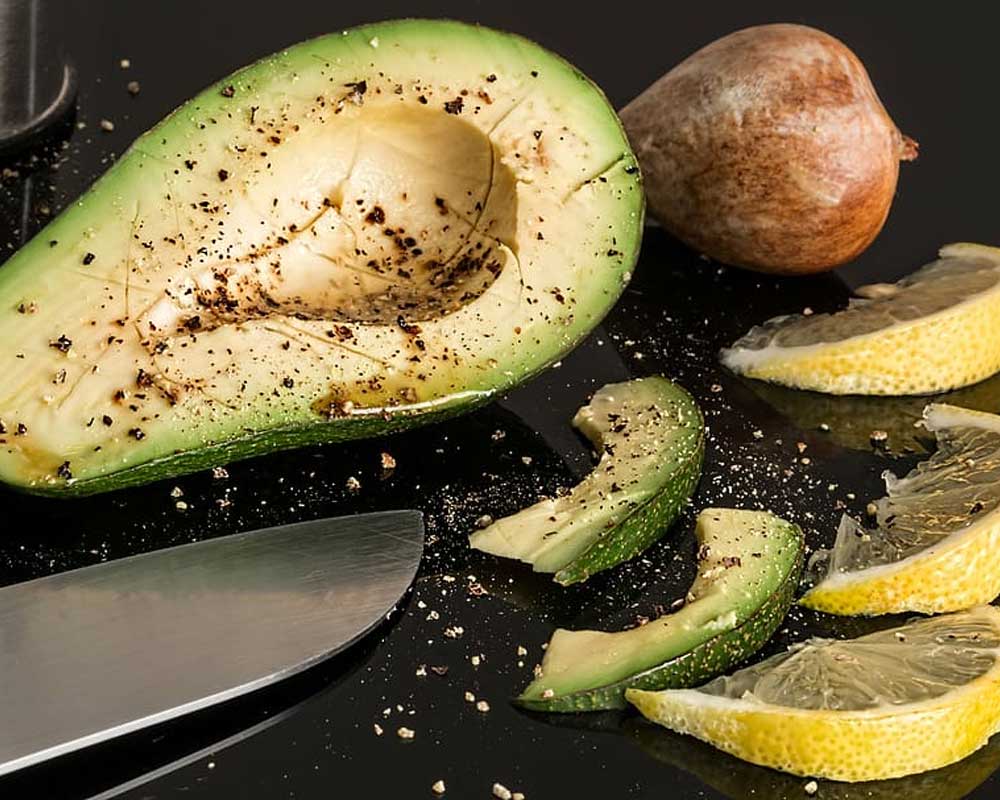
Monounsaturated Fats: The Benefits and Truth
If you’ve ever been on a journey to improve your health and nutrition, you’ve probably encountered the term “monounsaturated fats.” These are the good fats that play a crucial role in our overall well-being. But what exactly are monounsaturated fats, and why should you care? Let’s dive into the world of fats, exploring the benefits and truths about monounsaturated fats that could reshape the way you approach your diet.

Understanding Monounsaturated Fats
When we talk about dietary fats, it’s essential to understand that not all fats are created equal. Monounsaturated fats are a type of unsaturated fat that’s considered heart-healthy. Unlike saturated fats, which are often found in animal products and processed foods, monounsaturated fats have a single double bond in their fatty acid chain, which makes them liquid at room temperature. This composition contributes to their positive impact on health.
Heart Health and Cholesterol Management
One of the most remarkable benefits of monounsaturated fats is their role in promoting heart health. Studies have shown that these fats can help lower bad cholesterol levels (LDL cholesterol) while maintaining or even increasing good cholesterol (HDL cholesterol) levels. This balance is vital for reducing the risk of heart disease, stroke, and other cardiovascular issues.
Weight Management and Satiety
Are you looking to manage your weight or even shed a few pounds? Monounsaturated fats can be your ally. These fats have been linked to increased satiety, helping you feel fuller for longer after a meal. This can ultimately lead to reduced overeating and better weight management.
Blood Sugar Regulation
Maintaining stable blood sugar levels is crucial for overall health, especially for individuals with diabetes or those at risk of developing it. Monounsaturated fats can play a role in regulating blood sugar by improving insulin sensitivity. This can be beneficial not only for diabetes management but also for preventing its onset.
Inflammation Reduction
Inflammation is the body’s natural response to injury, but chronic inflammation is associated with various health issues, including heart disease, arthritis, and certain cancers. Monounsaturated-fats possess anti-inflammatory properties that can help mitigate chronic inflammation, contributing to a healthier body.
Incorporating Monounsaturated Fats Into Your Diet
Now that we’ve explored the numerous benefits of monounsaturated-fats, it’s time to consider how to incorporate them into your diet effectively.
Healthy Fat Sources
To enjoy the advantages of monounsaturated fats, include foods rich in these fats in your meals. Olive oil, avocados, nuts (such as almonds, pistachios, and walnuts), and seeds (like chia and flaxseeds) are excellent sources. Swap out unhealthy fats, like trans fats and excessive saturated fats, with these healthier alternatives.
Balanced Diet Planning
Remember that moderation is key. While monounsaturated fats are beneficial, overconsumption of any type of fat can lead to weight gain. Incorporate them into a well-balanced diet that includes a variety of nutrient-rich foods, such as whole grains, lean proteins, and a rainbow of fruits and vegetables.
Cooking and Meal Ideas
Cooking with monounsaturated fats can be both healthy and flavorful. Replace butter or other oils in your recipes with olive oil. Create delicious avocado-based spreads or dressings. Snack on a handful of nuts for a satisfying and nutritious pick-me-up. The possibilities are endless.
The Truth Unveiled
In a world that has often shunned all fats as “bad,” the truth about monounsaturated fats shines brightly. These fats are not only good for you but essential for your well-being.
Dispelling Fat Myths
It’s time to dispel the myth that all fats are detrimental to health. Not only do our bodies need fats to function correctly, but they also thrive when fueled with the right types of fats. Embracing monounsaturated fats is a step toward optimal health.
Embracing a Holistic Approach
Incorporating monounsaturated fats into your diet is just one piece of the puzzle. To experience holistic health benefits, pair a balanced diet with regular physical activity, adequate sleep, stress management, and a positive outlook.
Celebrating Progress, Not Perfection
Remember that every small step toward a healthier lifestyle matters. Celebrate your achievements along the way, and don’t strive for perfection. It’s about making sustainable changes that contribute to your overall well-being.
Frequently Asked Questions
1. Are monounsaturated fats suitable for everyone?
Yes, monounsaturated fats are generally considered healthy for most people. However, individual dietary needs may vary, so it’s a good idea to consult a healthcare professional or registered dietitian before making significant changes to your diet.
2. Can monounsaturated fats help with belly fat reduction?
While spot reduction isn’t possible, incorporating monounsaturated fats into a balanced diet can contribute to overall weight management, which may include reductions in belly fat over time.
3. How can I use olive oil in my cooking?
Olive oil is versatile and can be used for sautéing, roasting, grilling, and even as a flavorful salad dressing. Just remember that it’s still calorie-dense, so use it in moderation.
4. Are there any risks associated with consuming monounsaturated fats?
Monounsaturated fats are generally safe for consumption. However, like any other nutrient, moderation is crucial. Overconsumption of even healthy fats can contribute to weight gain.
5. Can monounsaturated fats prevent heart disease?
While monounsaturated fats can contribute to heart health, preventing heart disease requires a combination of factors, including a balanced diet, regular exercise, and overall healthy lifestyle choices.
Read More
Does Pea-nut Butter Make You Gain Weight? Debunking the Nutty Myth
Bana-nas and Diab-ete: A Sweet Affair with a Healthy Twist
Pota-toes and Diab-etes: A Heartfelt Exploration of the Connection
The Sweet Solution: How Mangoes Can Impact Dia-betes
Unlocking the Potential of a Low-Carb Diet: A Lifeline for Dia-betics
How to Prevent Diabetes: Taking Charge of Your Health
A Vegan Diet for Dia-betes: A Compassionate Path to Health and Wellness
How Many Carbs Should You Eat If You Have Diabetes?
Diab-etes Diet: A Journey Towards Health and Freedom
Diabetes Snacks: Delicious Choices for a Healthy Lifestyle
Cinamon and Diab-etes: A Sweet Spice’s Impact on Blood Sugar
